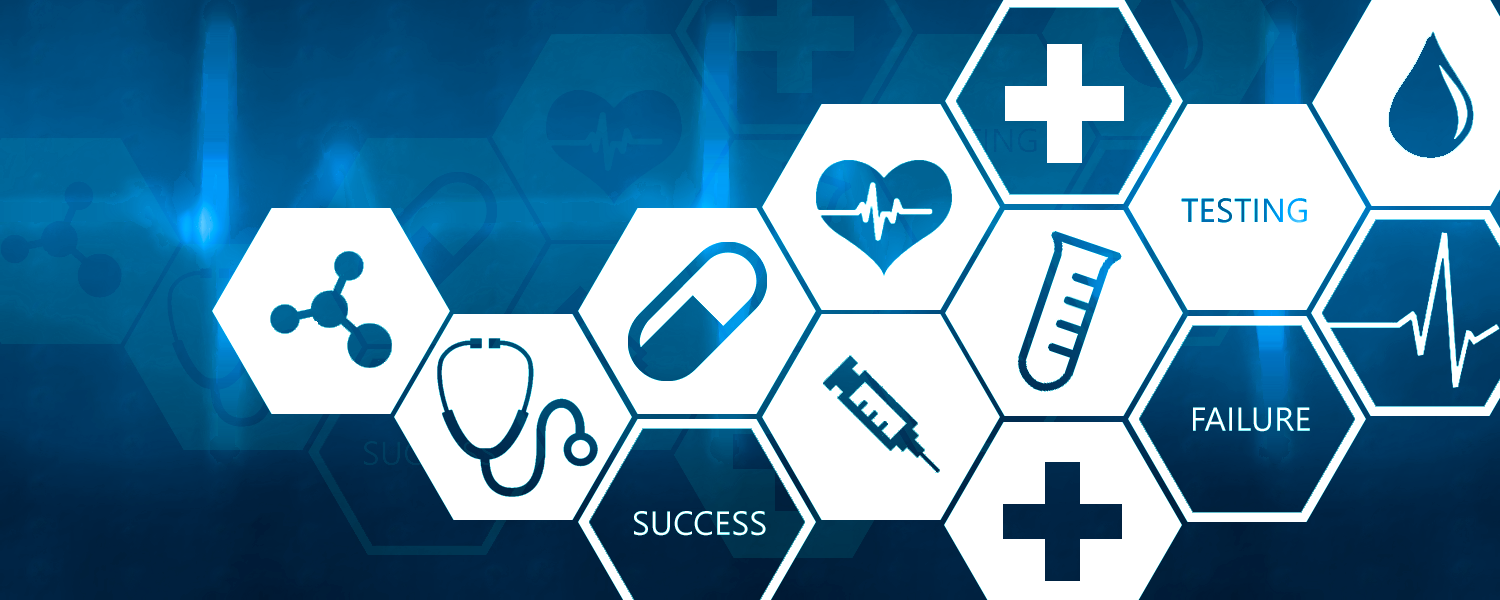With the increasing number of diseases, taking care of your health must be your topmost priority. Nothing could be better than purchasing a health insurance policy. Before you put your money in any other investment goals you might have, buy a health insurance plan.

Now that the government is in place, the health insurance industry has grown tremendously. Government of India is taking successive measures, but still, a significant population does not have a good healthcare plan.
The Insurance Regulatory and Development Authority of India [IRDAI] along with the Government of India has introduced a few changes in the health insurance sector of 2019, to provide better healthcare to the entire population.
Listed below are the changes
- Waiting Periods have been made shorter
This is the time when you can’t claim a particular ailment. This applies to pre-existing diseases. The insurance providers won’t be able to prescribe waiting periods of one to four years for ailments like cardiac conditions, hypertension and diabetes (lifestyle diseases), according to the recent drafts. Unless the illnesses already exist, there is going to be a cap of 30 days during the waiting period.
- Compulsory Coverage
Health-related diseases as well as ailments that are acquired after you’ve issued a health insurance policy, won’t be covered and can’t be excluded permanently. However, infertility and maternity are not included in this. Ailments such as Alzheimer’s disease, Parkinson’s disease, AIDS/HIV and morbid obesity are in the list of exclusions. Health insurance policies offer the provision of adding a rider called critical illness insurance to cover life threatening diseases.
- Severe health conditions will be covered
Previously, people having physical disabilities, cancer survivors and epilepsy patients were not given health insurance cover for unrelated ailments. Now, the insurance providers must offer health insurance plans to such individuals, as per the IRDA. However, pre-existing diseases won’t be covered throughout the policy tenure.
For this same reason, the IRDA released a report that has a list of 17 conditions such as kidney diseases, chronic liver, valvular heart and congenital disease, HIV/AIDS.
- Pre-existing diseases are redefined
The insurance companies are told to provide an even more straightforward definition of pre-existing diseases for preventing any disputes over interpretation between the insurer and you, by the IRDA. The definition that has been suggested is, ‘Any condition, ailment, injury or disease that is diagnosed before buying the first policy, for which medical advice or treatment was recommended by, or received from, a physician’.
- Deductibles
Deductibles aren’t permitted under the base cover. As per IRDAI, “It is desired that the industry adopts a uniform approach while incorporating the ‘exclusions’ as part of product design as well as for the wording of the exclusions.
This is why IRDAI set up a team of ten members, for providing a detailed list of medical exclusions that are prevalent in current health policies. Specific exclusions will also be kept in check by the committee that won’t be allowed at all.
Delhi’s High Court accelerated this entire course of action. It was stated in February this year that genetic orders and congenital anomalies can’t be excluded by the insurers.
Compare the various types of health insurance policies such as family health insurance, health insurance for senior citizens and more to select the most appropriate plan for you.

